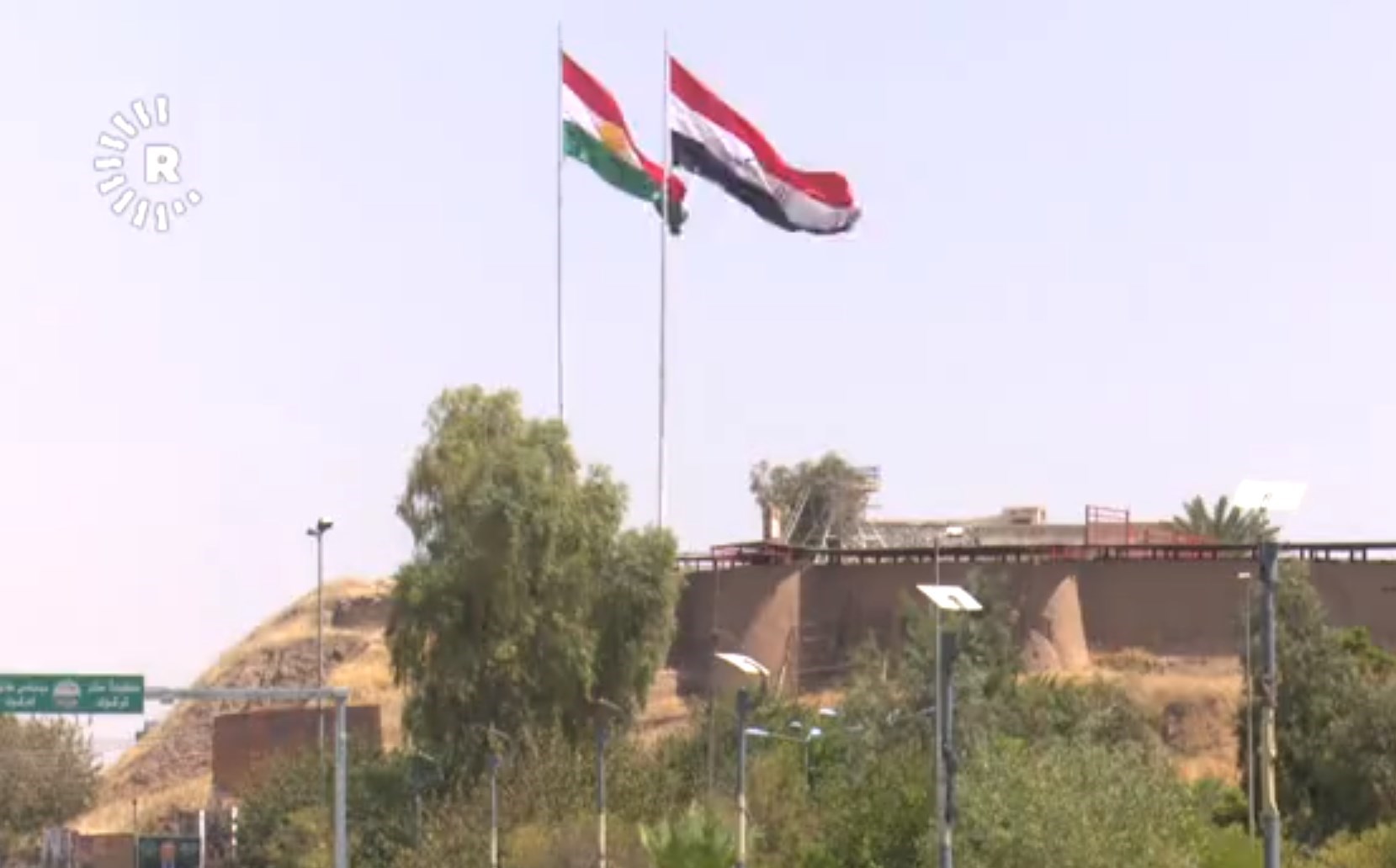Kurdish list in Kirkuk Provincial Council refuses 32% power-sharing split

The Patriotic Union of Kurdistan (PUK) and Kurdistan Democratic Party’s (KDP) Brotherhood List in the Kirkuk provincial council rejected Turkmen and Arab party demands that power be divided in Kirkuk on a 32 percent bases to preserve the area’s diversity.
The Brotherhood List rejected the proposal in a letter dated September 23 that was sent to acting Kirkuk Governor Rakan al-Jabouri, the Arabic bloc in the provincial council, the Turkmen “Service” bloc, and an independent Arab member of the provincial council Hala Nouraldin.
The proposal, which has been floated before, calls for a Kirkuk ruling, comprised of 32 percent Turkmen, 32 percent Arab, and 32 percent Kurds to be formed, while the remaining 4 percent goes to Assyrian and other groups.
The letter is a response to a letter dated August 5 from Iraq’s Council of Ministers.
“Specialized committees [are to] be formed to rebalance the governmental bureaus in the province in a manner that would ensure just representations for all the ethnic components without marginalizing any components,” read a section.
Oil-rich and diverse Kirkuk has a special status in the Iraqi constitution, claimed by both the Erbil and Baghdad. Its governor shall be chosen by the provincial council — not in provincial elections until the implementation of Article 140. Iraq Prime Minister Haider al-Abadi dismissed Kirkuk Governor Najmaldin Karim, a Kurd from the PUK, in 2017 and then replaced him with Jabouri.
“Following thorough discussion, the lists didn’t settle on a joint formula. And our understanding and the interpretation of the Kirkuk Brotherhood list of the term ‘balance’ doesn’t mean 32 percent as alleged by the rest of the lists,” reads the letter.
The Brotherhood List argued that balance means “electoral entitlements,” and thus rejected Baghdad’s proposal, writing they won’t be party to any discussions or committees related to that matter.
The election results from 2010, 2014, and 2018 revealed that “the proportion of the Kurdish nation is more than 50 percent,” added the party.
Under the control of federal forces, the PUK won 6 seats in the parliamentary election on May 12, Arab parties 6, Turkmen 3, and Assyrians took their minority quota seat. The KDP refused to run candidates in what it deemed an “occupied” province.
Waves of Arabization by previous and current governments in Iraq have changed the demographics of what Kurds call “Kurdistan’s Jerusalem.”
“If you want to work pursuant to balance and justice, then a committee on the part of lists and blocs in the council and province should be formed with a 50 percent Kurdish national representation,” added the party.
Additionally, “the Chaldean, Assyrian and Christian brothers” need to be accounted for, according to the Brotherhood List.
Turkmen and Arabs claim a “Kurdification” of Kirkuk, despite community members regularly replacing Kurdish officials who have been ousted by Jabouri since October 16.
The Brotherhood List called the proposal “an illegal and unconstitutional measure” meant to sew division. They vowed to take legal action against it.